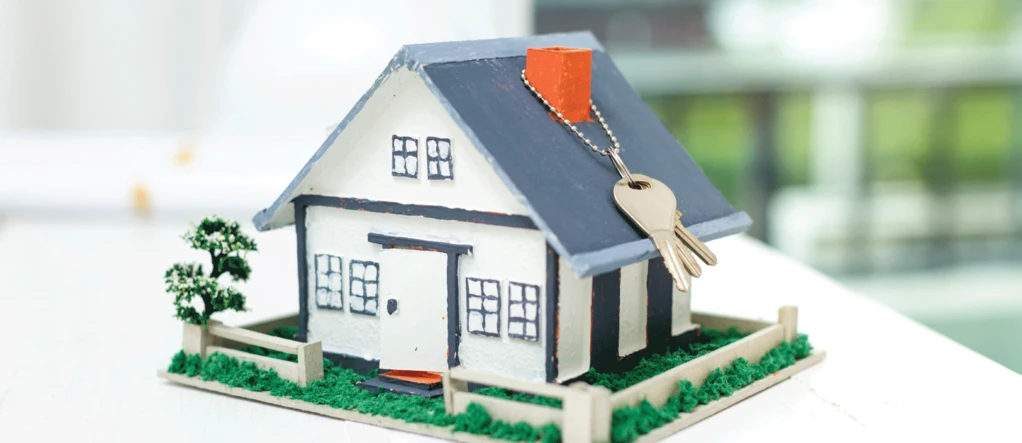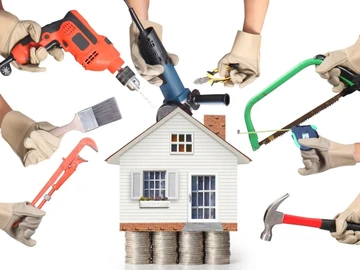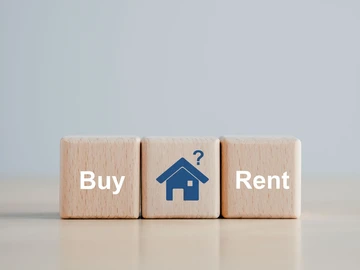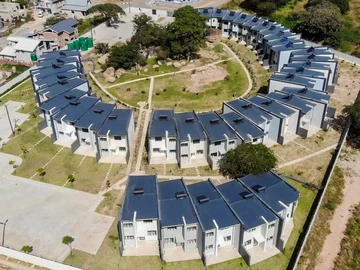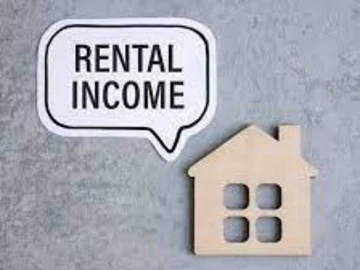Navigating the realm of property ownership in Zimbabwe can be a complex journey, fraught with questions and uncertainties. From legal considerations to financial implications, prospective buyers and sellers alike often find themselves seeking clarity on various aspects of the real estate landscape. In this comprehensive guide, we address some of the most frequently asked questions regarding property ownership in Zimbabwe, offering insights and guidance to help you make informed decisions.
1. Can foreigners own property in Zimbabwe?
Yes, foreigners are allowed to own property in Zimbabwe, subject to certain restrictions and regulations. Non-citizens may acquire land for residential, commercial, or industrial purposes through leasehold or freehold arrangements, depending on the type of land and tenure system in place.
2. What are the legal requirements for Property ownership?
Property ownership in Zimbabwe is governed by the Deeds Registries Act and the State Land Act, among other legislation. Legal requirements may vary depending on the type of property and tenure system involved. Generally, buyers are required to conduct due diligence, obtain clear title deeds, and register the transfer of ownership with the relevant authorities.
3. How Do I Finance a Property Purchase in Zimbabwe?
Financing options for property purchases in Zimbabwe include traditional mortgages offered by banks and financial institutions, as well as alternative financing arrangements such as seller financing and land contracts. Buyers may also explore government-backed housing schemes and microfinance programs tailored to low-income earners.
4. What taxes and fees are associated with Property transactions?
Property transactions in Zimbabwe may attract various taxes and fees, including stamp duty, capital gains tax, legal fees, and transfer costs. The exact amount payable depends on factors such as the purchase price, property type, and location. It's advisable to consult with legal and financial professionals to understand your tax obligations and budget accordingly.
5. How Do I Verify the Legitimacy of a Property Listing?
With the proliferation of online property portals and classifieds, verifying the legitimacy of a property listing is essential to avoid scams and fraudulent transactions. Look for reputable platforms like Property.co.zw, which vet listings and verify the authenticity of agents and sellers. Additionally, conduct due diligence by verifying property ownership records and seeking professional advice.
6. What Factors Should I Consider When Choosing a Property?
When choosing a property in Zimbabwe, consider factors such as location, proximity to amenities, neighbourhood safety, infrastructure development, and the potential for capital appreciation. Determine your budget and preferences regarding property type, size, and features to narrow down your options and make an informed decision.
7. What Are the Rights and Responsibilities of Property Owners?
Property owners in Zimbabwe have certain rights, including the right to occupy, use, and dispose of their property within the confines of the law. However, they also have responsibilities, such as maintaining the property in good condition, paying property taxes and levies, and complying with zoning and building regulations.
Property ownership in Zimbabwe presents both opportunities and challenges for buyers and sellers alike. By understanding the legal framework, financial considerations, and practical aspects of property transactions, individuals can navigate the process with confidence and clarity. Whether you're a first-time buyer, an experienced investor, or a homeowner looking to sell, arming yourself with knowledge and seeking professional advice are crucial steps towards achieving your real estate goals in Zimbabwe.
 Continue with Facebook
Continue with Facebook
 Continue with Email
Continue with Email

